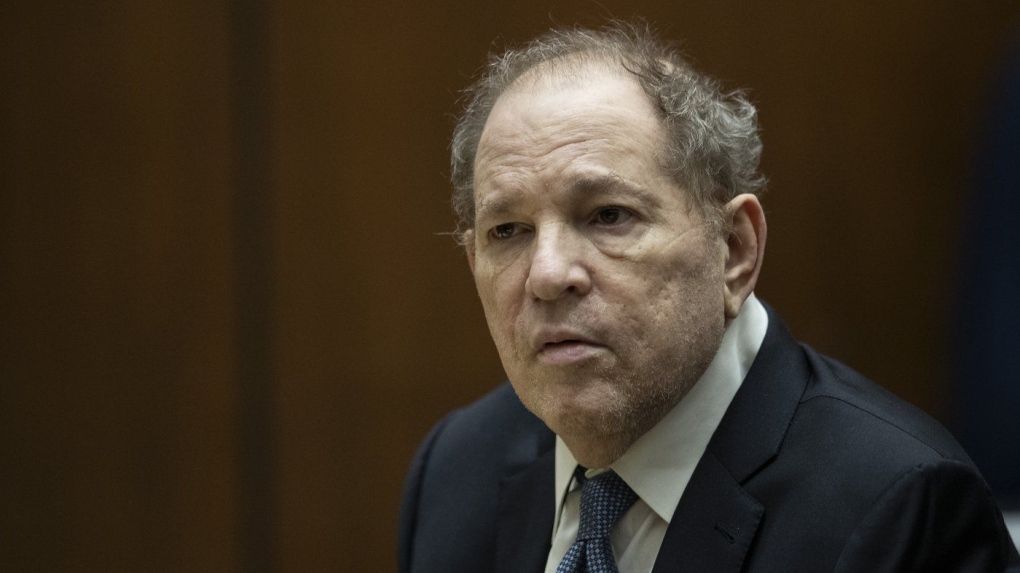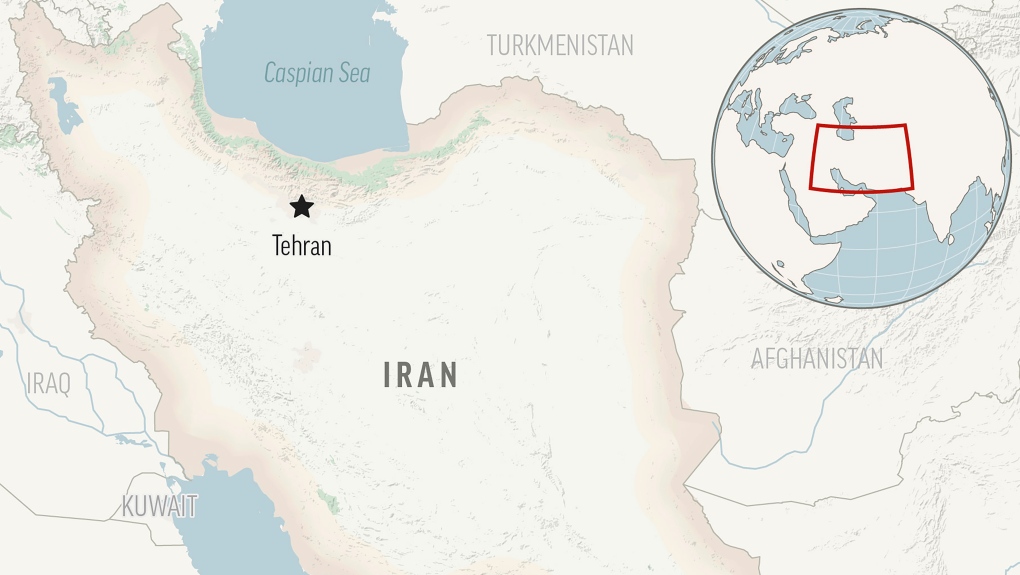This First Person column is written by filmmaker Jackie Batsinduka. For more information about CBC’s First Person stories, please see the FAQ.
People are often surprised when they learn that I’m a filmmaker. They are even more surprised when they learn that my mother is supportive of such a career choice. Most first-generation Rwandan Canadians are told at a very young age that they must get a job in the government because it’s stable and well-paying. I myself never completely closed the door to working in the government until I finished university. And that was because of Geni.
They say a film that is meant to be made is a lot like being pregnant — the idea grows inside of you, slowly becoming stronger, resembling something familiar but brand new at the same time. It’s no wonder I wrote a fictional film about a mother and a daughter. When writing Geni, I remember long nights in bed, scribbling away in a notebook, trying to make sense of what I was trying to say. At first, I thought writing a short film would legitimize my status as a filmmaker. But it soon became apparent that I was writing Geni to understand my family’s history.

‘How can you miss someone you never knew?’
My culture was all around me growing up in Ottawa. I remember wedding receptions in church basements, New Year’s Eve parties in apartment buildings and memorial services in park gardens. Despite being in the middle of these culturally-rich spaces, I could never really be an active participant. Not knowing Kinyarwanda, my mother tongue, I absorbed my culture by listening in other ways: the sombre tone of a speaker’s voice, the pensive groans from the audience, the excited chatter when the food was finally ready.
What quickly became apparent to me was my community’s capacity to mourn. There were always moments of heaviness no matter what the occasion when the room would grow quiet to acknowledge their grief. It was only at these events where I would see my parents reflect on what happened to them.
After losing the majority of their immediate and extended families in the 1994 genocide against the Tutsi in Rwanda, it was much easier for my parents to focus on the future and all the possibilities it could hold. There was no room to dwell on the past out of fear of getting stuck in it. Because I had never met the people my parents lost, I didn’t feel entailed to grieve. How can you miss someone you never knew?
‘I wanted to define myself on my own terms’
Once I joined university, I wanted to define myself on my own terms. I thought distancing myself from my family history was the way to do it. But what I was really feeling was exhausted by the mourning.
It was around that time my father became sick and passed away. Another cultural pillar in my life was gone, but this time it was someone I had the privilege of knowing for 19 years. I now knew a fraction of the loss my parents carried with them. It was our shared grief that called me to explore where we came from, and how it shows up in our lives. I began to look at my own experiences, ideas, hopes and dreams as a representation of everyone and everything that came before me. Out of that came Geni.

I convinced my mother, as well as my uncle, and members of the Rwandan community in the Ottawa-Gatineau region, to star opposite me in the film.
My favourite part of the process was the rehearsals where openly discussed topics like intergenerational trauma and motherhood. My mom spoke of the guilt she felt for surviving, and how it wrapped itself around her memories. But in embodying her character, I could see her guilt transform into a commitment to telling the story as honestly as possible.
Acting opposite her made me more fearless in my own performance. I would be lying if the level of vulnerability we both brought to the project doesn’t still frighten me at times. But after making Geni with her, it is comforting to know that she is more than willing to be by my side in my journey to understanding who we are and where we came from.

Now, I find myself yearning to learn more about the lighter parts of my family’s past. What levity did my family know before the genocide overshadowed it, and how does it show up in my family today? This is definitely a part of our history that is proving to be more difficult to tap into as it has never been synonymous with how we commemorate the genocide.
But working with my family on Geni has armed me with a sense of agency that I never had before. It taught me that embracing unconventional ways of filling in the blanks can only lead to a fuller understanding of each other and oneself. But most of all, it taught me that I don’t have to do it alone.
For more stories about the experiences of Black Canadians — from anti-Black racism to success stories within the Black community — check out Being Black in Canada, a CBC project Black Canadians can be proud of. You can read more stories here.
Do you have a strong opinion that could add insight, illuminate an issue in the news, or change how people think about an issue? We want to hear from you. Here’s how to pitch to us.







More Stories
AGO workers reach tentative agreement ending month long strike: union – Toronto | Globalnews.ca
Jury selection begins in case of alleged Winnipeg serial killer | CBC News
That offer to buy your time-share could be from a Mexican drug cartel | CBC News